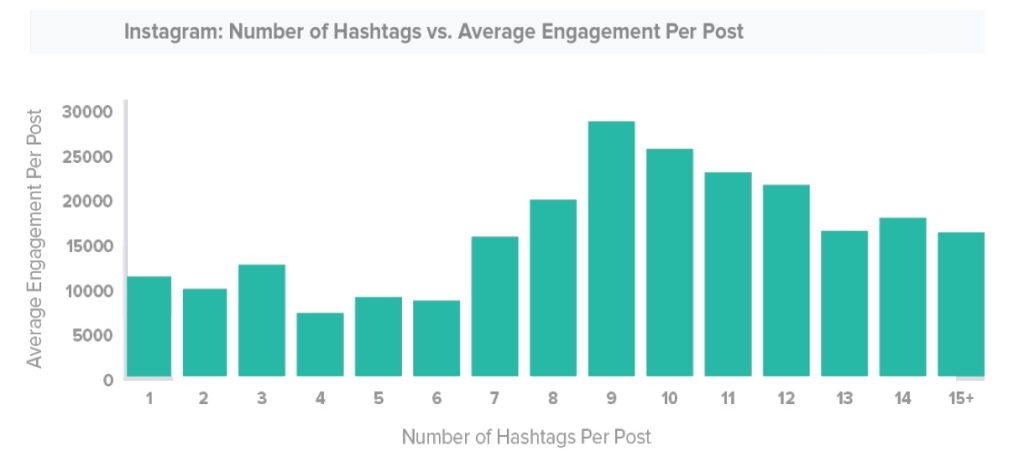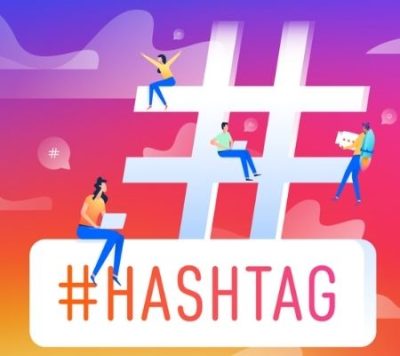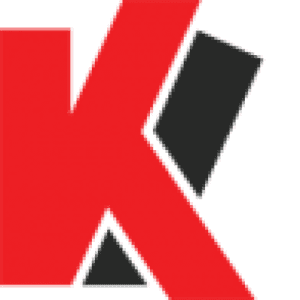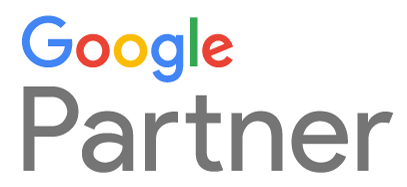In this article I am going to explain why you should be using hashtags for your social media content and give you some simple strategies to maximise the engagement you are getting. Are you ready? Let’s go!
What Are Hashtags?
Hashtags are simply a way of labelling content on social media platforms like Twitter, Facebook and Instagram by placing the # symbol in front of a word or phrase. Other users can then search for particular topics that they are interested in by using a particular hashtag.
The hashtag phenomenon is credited to Chris Messina who pitched the idea to Twitter in August 2007, and although they were reluctant at first, Twitter added the hashtag function to their platform in 2009. Since then it has grown in popularity and now it’s pretty rare to see social media posts that don’t contain any hashtags.
The current most popular hashtags on Instagram as as follows:
- #love (1.824B posts)
- #instagood (1.143B posts)
- #fashion (807.1M posts)
- #photooftheday (792.4M posts)
- #beautiful (657.4M posts)
- #art (643.6M posts)

Why You Should be Using Hashtags to Increase Engagement
Using hashtags with your social media posts gives you the opportunity for your content to be seen by a much wider audience which can potentially increase engagement and gain you more followers.
Research conducted by Agorapulse showed that Instagram posts with at least one hashtag got 70% more likes and 392% more comments than those without hashtags.
But it’s not just a case of mindlessly filling your post with dozens of the most popular hashtags, there are some important considerations to make when choosing the hashtags for your content.
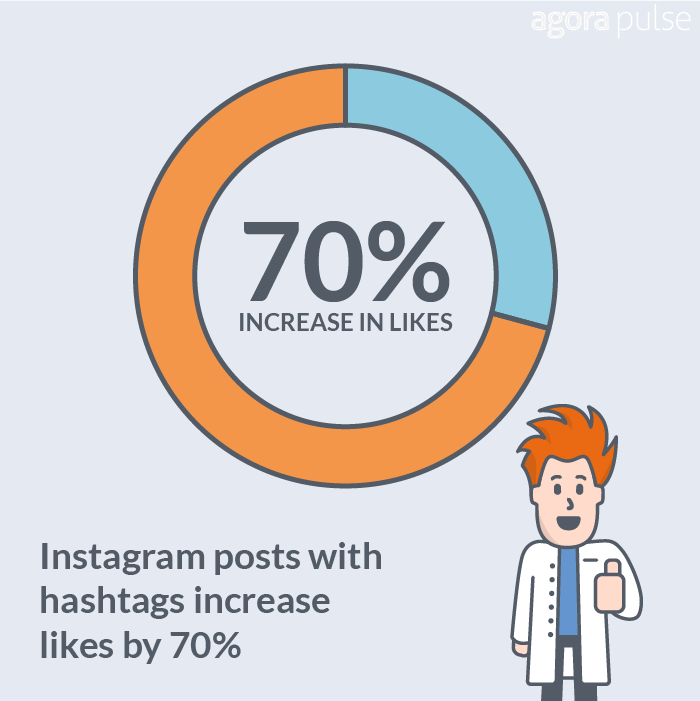
Hashtag Strategy #1: Do Your Research
When you are just starting out, it can feel like a bit of a minefield. How on earth do you find hashtags that you can use? Here are a few ideas to get you up and running:
- Simply type in your ideas into the Instagram search bar and it will provide a list of popular suggestions with the amount of posts associated to it.
- All-Hashtag is a free online tool with no sign-up required, which gives 30 hashtag suggestions for any topic that you search for.
- Research into what your competitors are using because this will give you a good idea about what hashtags are relevant and popular in your industry.
- Look at what your followers are using because this shows what your customers are interested in.
Hashtag Strategy #2: Keep Them Relevant
Don’t just use popular hashtags if they have no relevance to the content of your post, because this is actually likely to harm your engagement level. Make sure you use hashtags which are specific for the industry you operate in and the particular topic of the post.
Another important point to make here is to stay away from spam hashtags like #followme, #like4like, #follow4follow, #tagsforlikes etc.
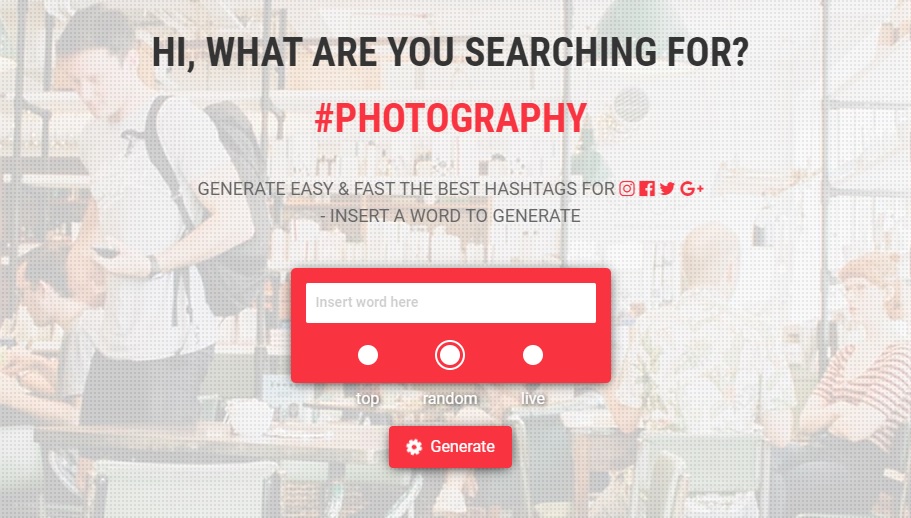
Hashtag Strategy #3: Find Niche Hashtags With Fewer Posts
This may sound a bit counter intuitive, but it’s actually better to choose less popular hashtags. If you use hashtags with millions of other posts, it’s much harder to stand out from the crowd so you might not get seen by anyone at all.
Therefore, we suggest finding hashtags which are more niche and targeted. For example, if I was posting content on instagram for KILAB, rather than using #digitalmarketing which has 16 million posts on Instagram I would use #digitalmarketinguk which has only 7 thousand other posts.
Hashtag Strategy #4: Annual Holidays and Days of the Week
An easy way to find hashtags which have less competition is to use annual holidays and days of the week. For example if your business and posts are related to the topic of food, you could use the following hashtags on the appropriate days of the year: #mothersdayslunch, #easterfoodideas or #valentinesdinnerathome.
And here are some other hashtags for different days of the week which you could try:
- #MondayBlues
- #TuesdayTreat
- #HumpDay
- #ThrowbackThursday
- #FridayFeeling
- #SaturdayMorning
- #SundayFunday
Hashtag Strategy #5: Use the Right Number of Hashtags
The amount of engagement from social media posts actually changes depending on the amount of hashtags that are used, and the optimum level is different for each of the social media platforms.
A study by TrackMaven found that the following amount of hashtags is best:
- Facebook = 1 hashtag
- Twitter = 1-2 hashtags
- Instagram = 9 hashtags
